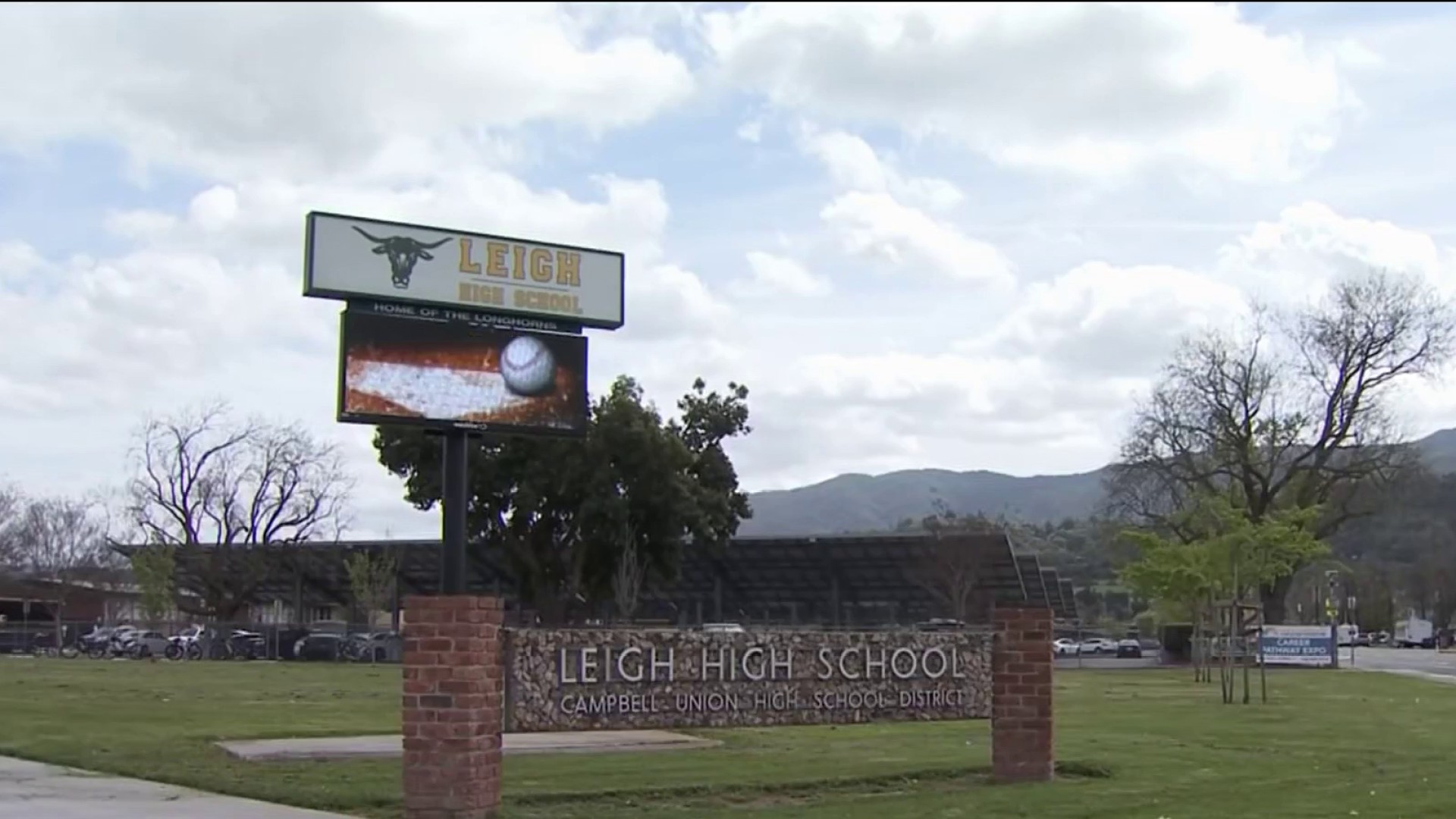It’s an alarming statistic: 70 percent of college students graduate with loans. And the average debt is $30,000.
John Lissandrello has been paying down his federal student loan for two years.
“As a result of going through school and paying for everything myself, I had approximately $20,000 in school loans,” Lissandrello said.
Twenty-thousand dollars, at 8.25 percent interest. Lissandrello decided he was better off refinancing. He found an offer online that he liked with College Avenue Loans, a private lender.
“They offered 5.37 percent, which was almost 3 points less than what I was currently paying,” Lissandrello said.
College Avenue Loans approved Lissandrello’s loan right away. It was supposed to pay off the balance of his federal loan. But he says weeks went by, and the payoff never happened.
“I finally started getting phone calls from my federal loan saying, ‘Hey, where’s your money? Where’s your payment?’” Lissandrello said.
Local
He called College Avenue Loans several times, asking about his payoff, but said he couldn’t get a straight answer. He finally reached out to us.
We reached out to College Avenue Loans, and it paid off Lissandrello’s federal loan. It also agreed to pay the $400 in interest that had accumulated on Lissandrello’s loan after the payoff was supposed to happen.
“It wasn’t a matter of I couldn’t afford that payment; I just didn’t think it was right that I had to pay it,” Lissandrello said.
In a statement, College Avenue Loans apologized for Lissandrello’s experience. It said, “We have put additional processes in place so that this will not happen in the future.” It went on to say it’s “committed to a customer-centric process and remains steadfast in providing convenient, simplified ways to borrow.”
Other than this glitch, Lissandrello has been pleased with his student loan refinance. But for other grads, refinancing isn’t always an obvious choice.
“The student loan space can be really confusing for graduates,” said Abbey Stauffer, head of education at Nerdwallet, a personal finance resource company.
Stauffer says graduates need to think twice before refinancing federal student loans because they may lose protections federal loans offer, like income-based repayment plans, loan forgiveness for teachers and government workers, and deferment.
“If students feel like they can confidently repay their loans without those federal protections, then refinancing might be a good idea for them,” Stauffer said.
And a financially lucrative one, too. According to Nerdwallet, students save an average of $11,000 refinancing. So for grads who decide to refinance, Stauffer says the first step should be to shop around.
“We actually recommend that borrowers put in multiple applications for refinance,” Stauffer said. “As long as they do it within a 30-day period, it won’t affect their credit score adversely."
Stauffer said there are two things to consider when evaluating loan offers. First, the interest rate.
“We always recommend students go wtih fixed rate unless they’re going to be paying off their loan in a short period of time,” Stauffer said.
Stauffer said grads also should look at the payment plan.
“You can save some money month to month by extending your payment terms to 15 or 20 years,” she said. But you will pay more interest over time.
Bottom line: Stauffer said to try to choose the shortest repayment plan that you can afford. That will save you the most money.
That’s what Lissandrello did. And it’s worked out well.
"I’m planning on being debt free in three years,” he said.
Nerdwallet has lender reviews on its website. So that may be a good resource to consider when refinancing.



